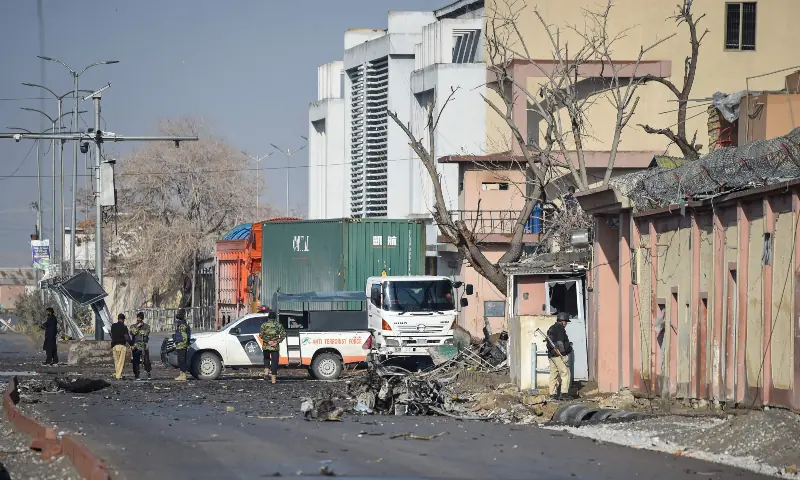UN human rights chief Michelle Bachelet raised concerns Thursday about the use of facial recognition technology during peaceful protests. The report was requested by the United Nations Human Rights Council two years ago, but it comes as demonstrations have erupted in several countries.
\”There should be a moratorium on the use of #FacialRecognition technology in the context of peaceful protests until States meet certain conditions including transparency, oversight and #HumanRights due diligence before deploying it,\” her office said on Twitter.
In a separate tweet, the rights body said the high commissioner told states that \”new technologies must serve, not hinder, right to peaceful protest.\” The facial recognition system utilizes biometrics to map facial features from a video or photograph. It compares the information with a database to find a match.
\”Facial recognition has all kinds of commercial applications. It can be used for everything from surveillance to marketing,\” Norton said, adding that the technology potentially comes with privacy issues.
Ninety-eight countries already use the technology, 12 have approved and 13 others are considering using it, according to a report by the VisualCapitalist.org news outlet which mapped the state of facial recognition around the world. A few countries, including Belgium, Luxembourg, and Morocco are having second thoughts about deploying the controversial technology for national use.
China, expected to dominate nearly half of the global market by 2023, is often cited as the most extensive user and exporter of the mass surveillance technology. With facial recognition integrated into China\’s massive public surveillance system and its social credit experiment, where even minor infractions of public norms can result in sanctions.
The UN report pointed out that technology-enabled surveillance had been a major factor in shrinking civic space in a range of countries, with some states using intrusive online surveillance and the hacking of social media accounts used by protest organizers and demonstrators themselves.
Thursday\’s report warned that the use of facial recognition technology had left many people feeling wary of demonstrating in public places or publicly expressing their views for fear they could be identified, with negative consequences. Moreover, Facial recognition should not be deployed in the context of peaceful protests without essential safeguards regarding transparency, data protection, and oversight in place.

Gender, Propaganda, and the Rising Threat of BLA Women Militants in Balochistan
The Balochistan Liberation Army is increasingly using women in suicide attacks and urban combat, turning gender and identity into tools of terror and propaganda, while expanding its operational reach in populated areas and normalizing militancy.





